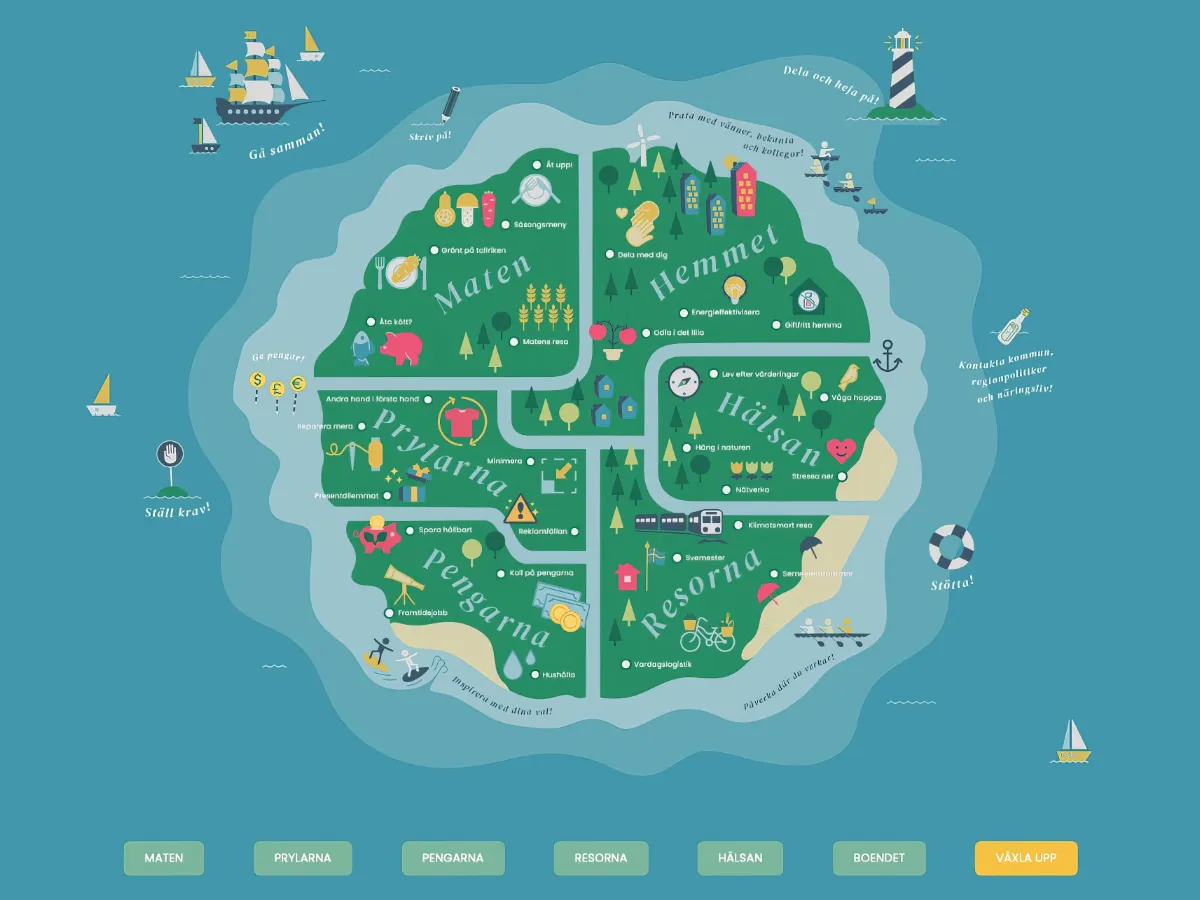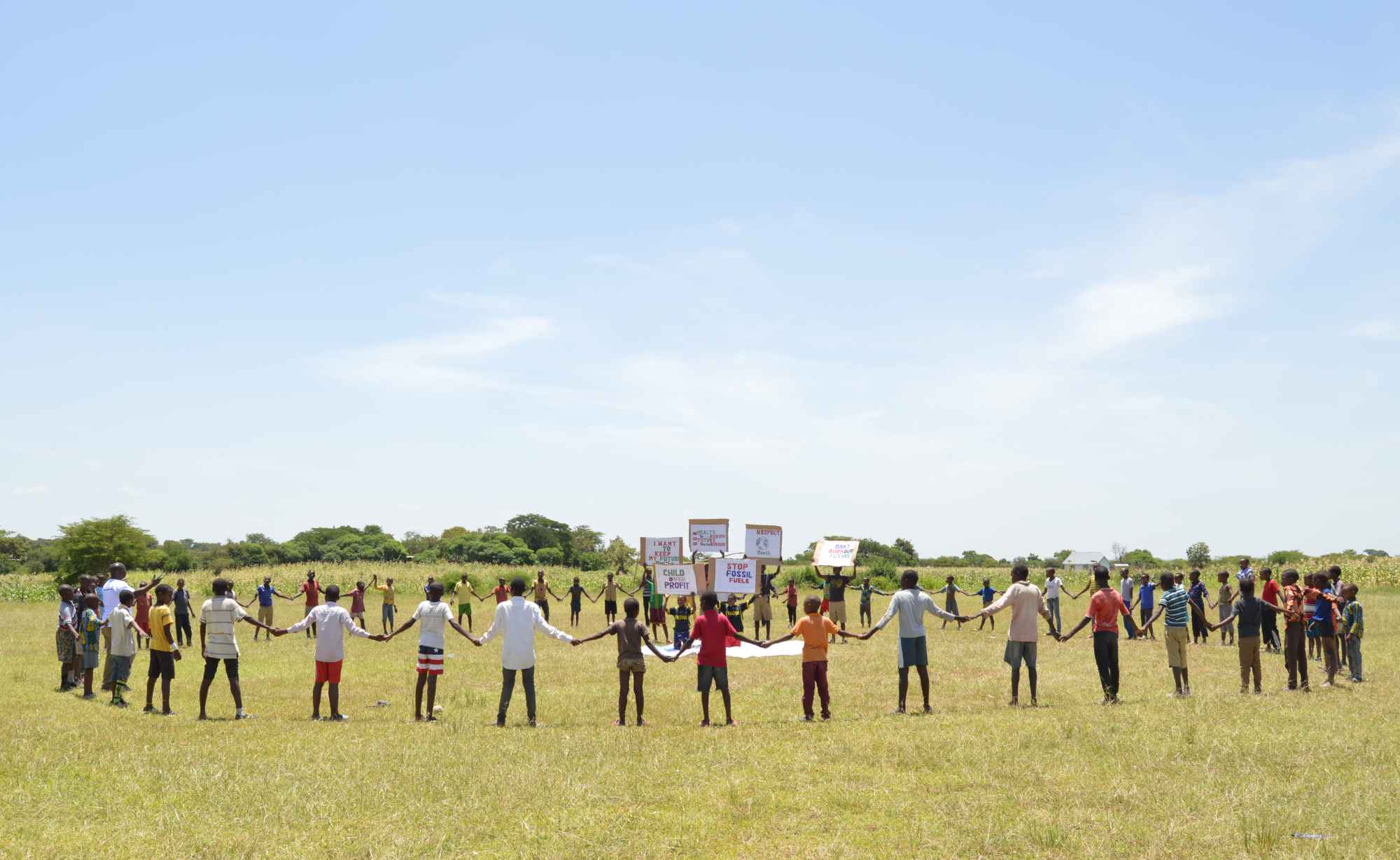Our Kids’ Climate Microgrants
Our Microgrants are small grants for parent-led, intergenerational, and family-centered climate-focused work. In the 2025 round, we made the decision to fund projects related to clean energy, clean air and fossil fuel phase out around the world.
The Microgrants aim to help you carry out climate projects and activities, from community mobilization, education, awareness-raising, the use of art, street actions, digital campaigning, air quality monitoring, or a combination of all of these!
Our Kids’ Climate has been supporting local and national parent climate groups through Microgrants since 2020. In 2022, we expanded the Microgrant program through a partnership with UMI Fund and The Social Change Nest (SCN). We have supported over 90 projects from 42 countries since 2022.
For the 2025 Microgrants pulse, we only accepted applications from organizations, groups and individuals that had engaged in at least one of the following initiatives:
- Current or former Fellow at Climate Parent Fellowship
- Previous recipient of a Intergenerational Climate Microgrant
- Our Kids’ Climate Clean Air Circle Member
- Our Kids’ Climate Monthly Community Meeting Participant
- Organized a campaign/street action as part of the #OurKidsAir campaign or took part in our Clean Air Mapping survey in 2024/25.
- Part of a past Our Kids’ Climate delegation, for example, during COP, New York Climate Week, WHO conference.
- Member of parent or intergenerational climate group that is active in the Our Kids’ Climate community.
We will provide 20 grants of $5,000 USD in the 2025 round – to work related to clean energy, clean air and fossil fuel phase out.
Applications are NOW CLOSED. We expect to have the final list of grantees by September 2025.
FAQs
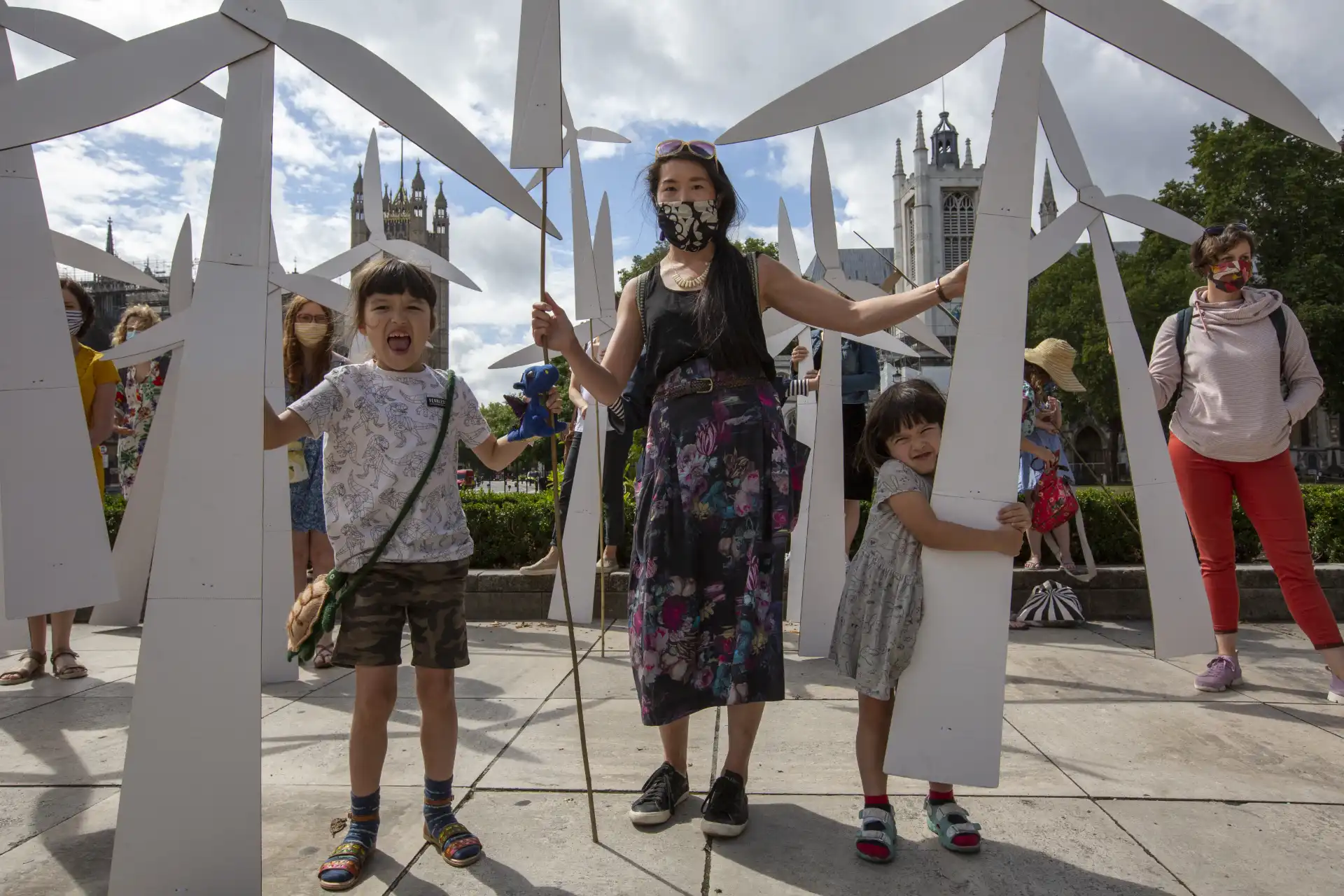
Projects we have previously funded
The following gallery shows examples of projects we have previously funded.
Please note, we had different criteria for selection in previous years. In 2025, we are looking to fund projects related to clean energy, clean air and fossil fuel phase out.
The Green We Left Behind is a book of short stories written by Nigerian children and adults on the theme of climate change curated by Arts Lounge Literary Magazine. 65 stories were submitted and 20 chosen for the book. The prize winning entries were written by three adults and two children. This non-fiction anthology was created in collaboration with the French Embassy in Nigeria, the French Institute in Nigeria and Cookingpot Book.
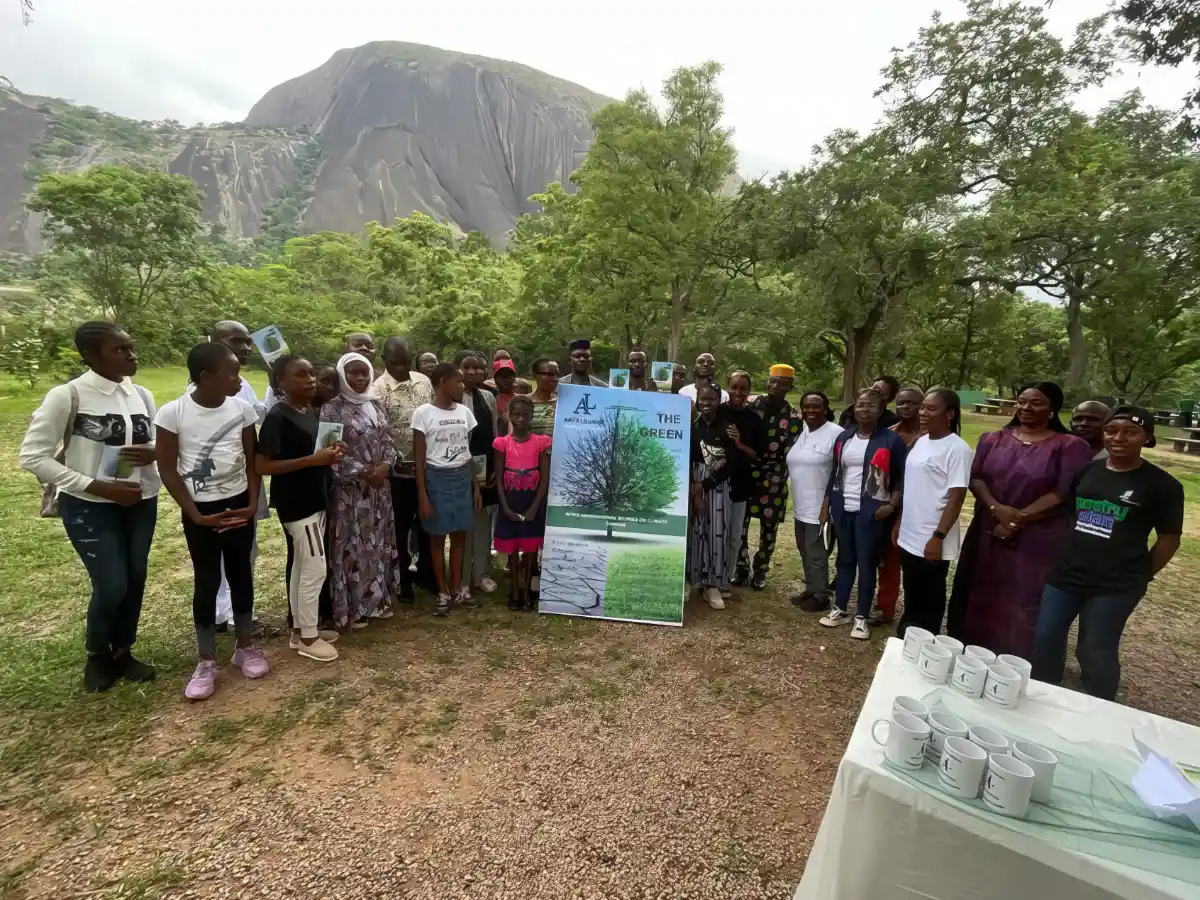
The Forest of Hope created by Colectiva Zurciendo el Planeta in Mexico is an installation consisting of a tapestry of hundreds of embroidered trees sewn by the collective’s members. The message of the embroidered forest is that, like a forest, we all are part of a community and like trees, are connected to each other. It is a call for decisions on climate to be made for the greater good. The forest was first installed at COP26 in Glasgow. The microgrant enabled the installation to travel to Argentina where it was shown in multiple locations, including museums, rural and indigenous schools and communities in Patagonia. The events always include workshops and community discussions on environmental issues.
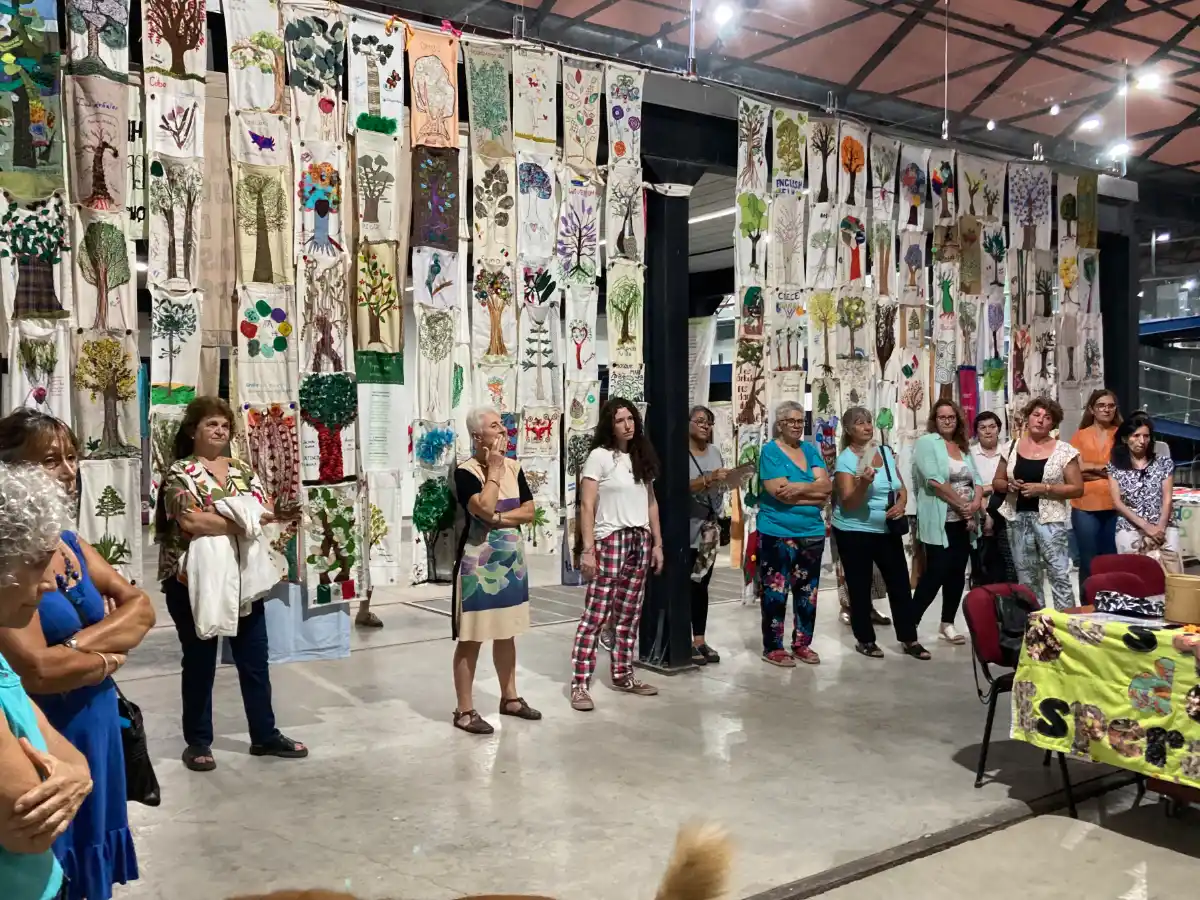
In 2022, The Lancaster Chapter of Citizens’ Climate Lobby declared Earth Day Is Every Day! Leading up to the midterm election, the Earth Day October Project was all about engaging citizens to be advocates for climate while having fun doing it. It included an online Candidate Climate Questionnaire to empower citizens by getting candidates to declare their climate agendas prior to the midterm. It culminated in an Earth Day celebration in October with music, dance, art, local food, as well as opportunities for citizens to meet the candidates and discuss implementing climate change solutions in Lancaster PA. Watch a video here – Earth Day: Election Edition is October 22 (citizensclimatelobby.org)
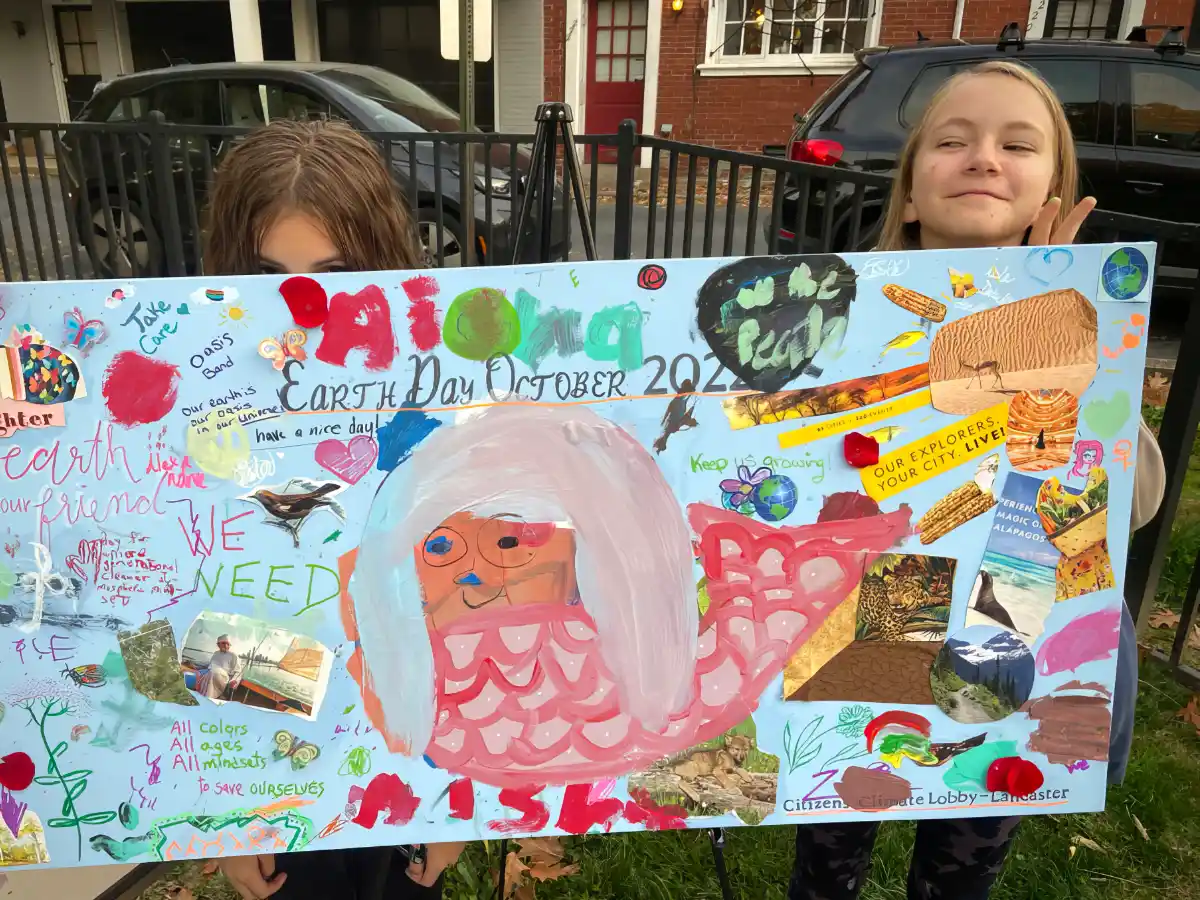
Rodzice dla Klimatu (Parents For Future, Poland) used their microgrant to facilitate media and campaigning training for parent climate activists. Their workshops focused on energy efficiency in practice and designing better media messages on energy efficiency, so the parents could act as more effective media spokespeople. These workshops not only assisted in media performance but also in combating anti-climate propaganda during a particularly challenging election year. Additionally, they aided in integrating energy efficiency into projects such as “Green Schools for Climate,” which the group is currently striving to promote at the local level in Poland.
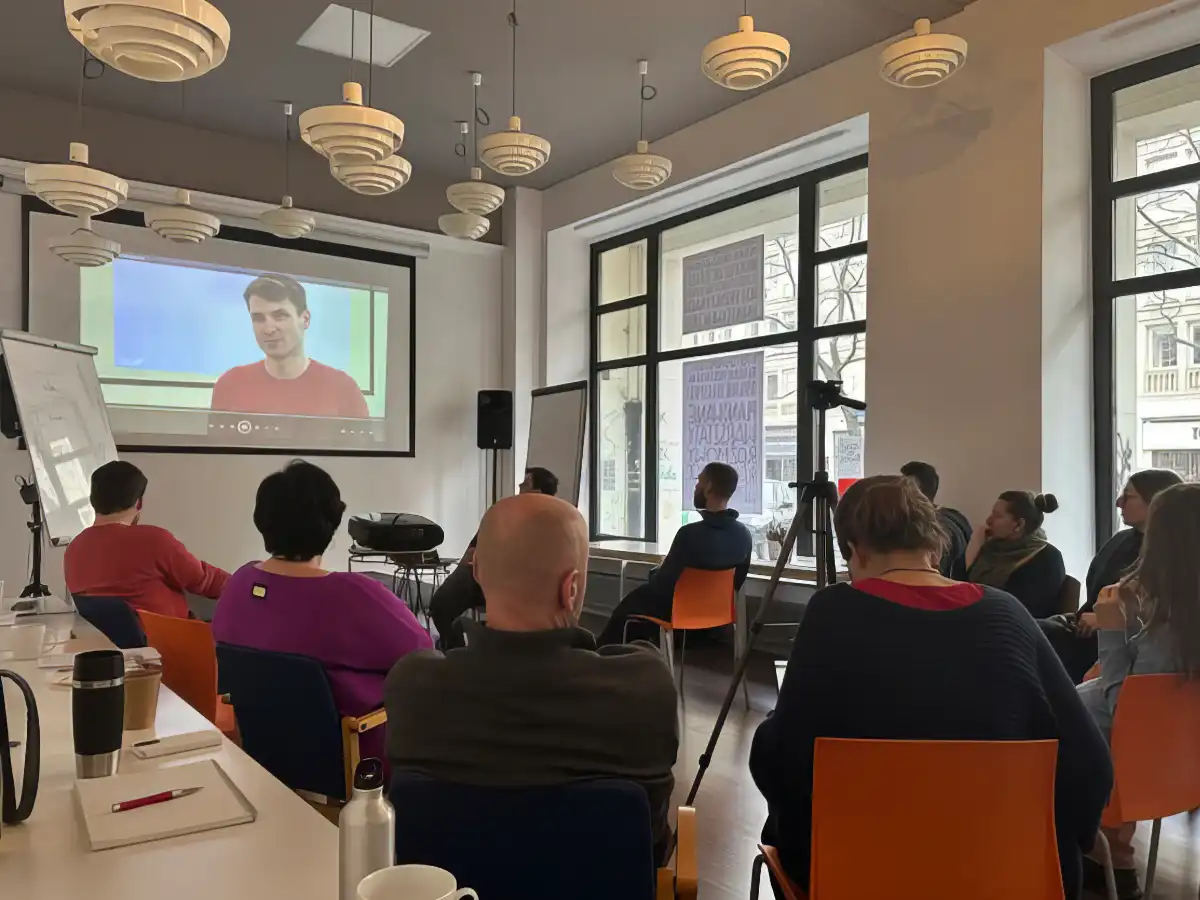
The Parents’ Climate Community from Austin in the USA used their microgrant to create a documentary – The Future Of I-35 – highlighting youth and caregiver concerns about a freeway expansion through the city of Austin. The film is a powerful tool in spotlighting the children’s public health and climate impacts of expanding the highway through the center of Austin. The film had two public screenings and was also shared via YouTube with community groups and PTAs along the highway corridor. The project also collected student testimonials and encouraged students to send postcards to city leaders on this topic.
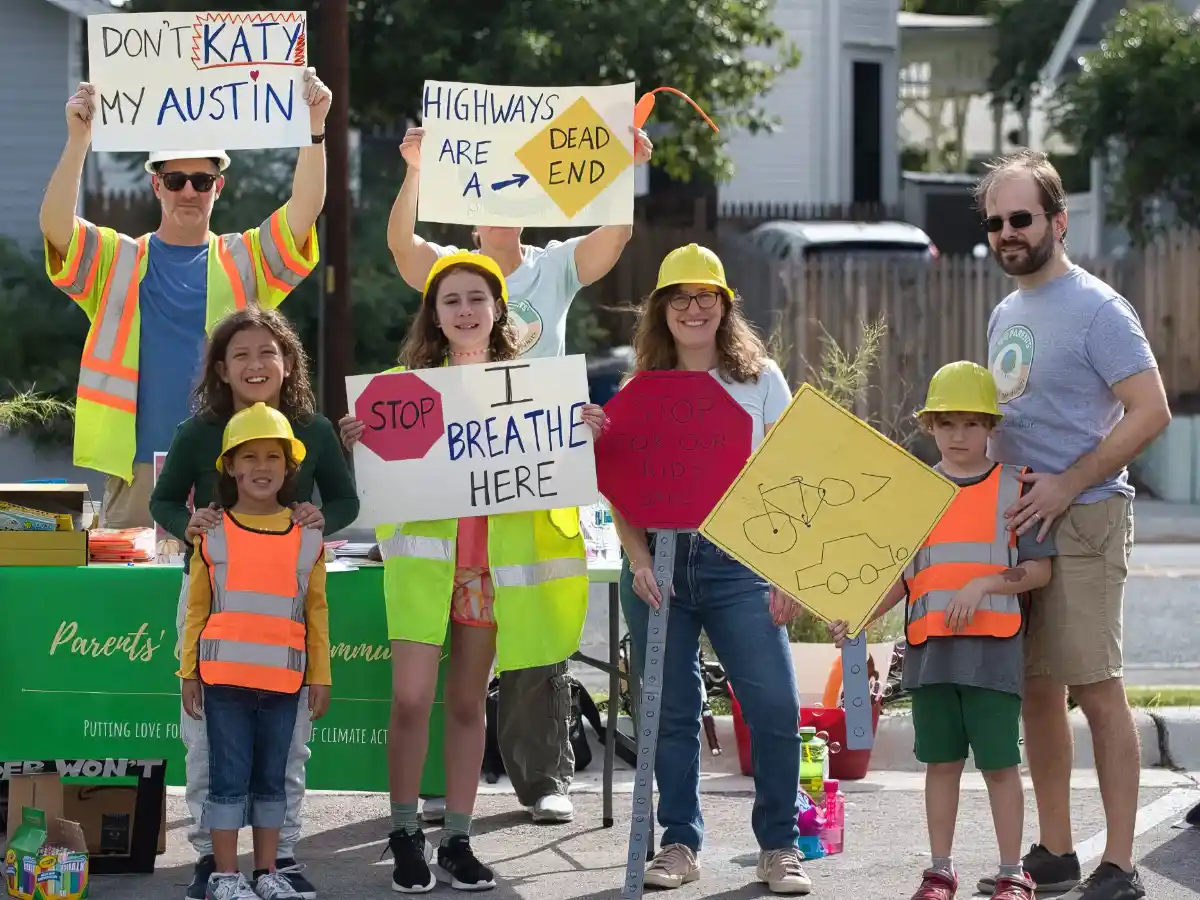
Thư Viện Nhỏ Trên Núi (Little Libraries on the Mountain) brought together students in the North of Vietnam along with climate activists, parents, teachers and academics to work on activities related to climate change. The project created cultural and art events that focused on climate change, workshops on recycling and storytelling, hikes, summer camps as well as a mentor-mentee program, where teachers and climate experts mentored children. This ambitious project reached out to thousands of students while collaborating with other organizations and parent groups. Books and other materials were given to students who participated in the events.
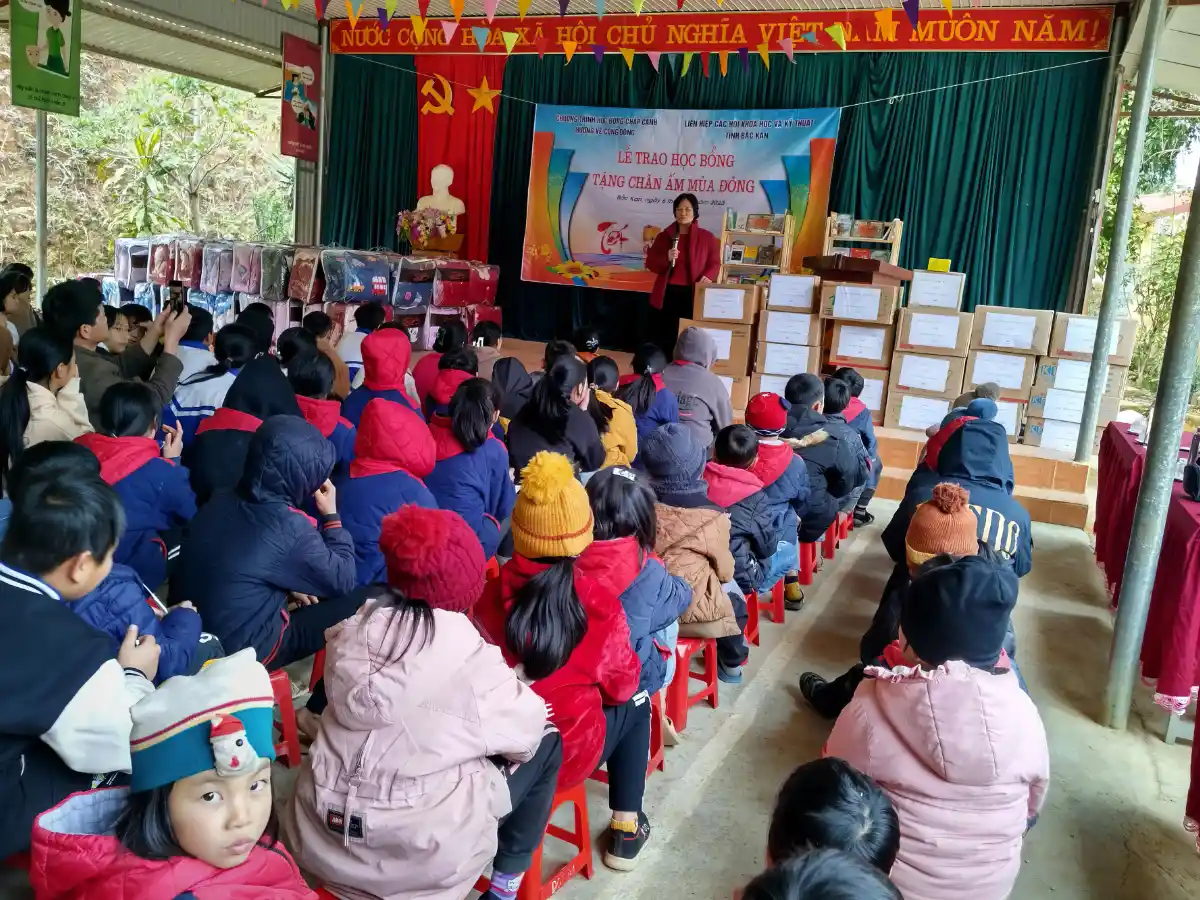
The Grandparents Day project, created by the Llikchary Institute in Ecuador, documents the traditional knowledge of the forest and its resources, from the elders of the indigenous community of Sani Isla. The grant supported an event, where the Sani Isla elders told their stories to children. It also enabled field researchers who are part of the community, to visit remote settlements in the Amazon to document indigenous knowledge. The funding also supported art supplies for the party, reading glasses for the elders as well as a participating fee for each family. The project hopes to raise funds to produce a volume of indigenous stories, histories and wisdom.
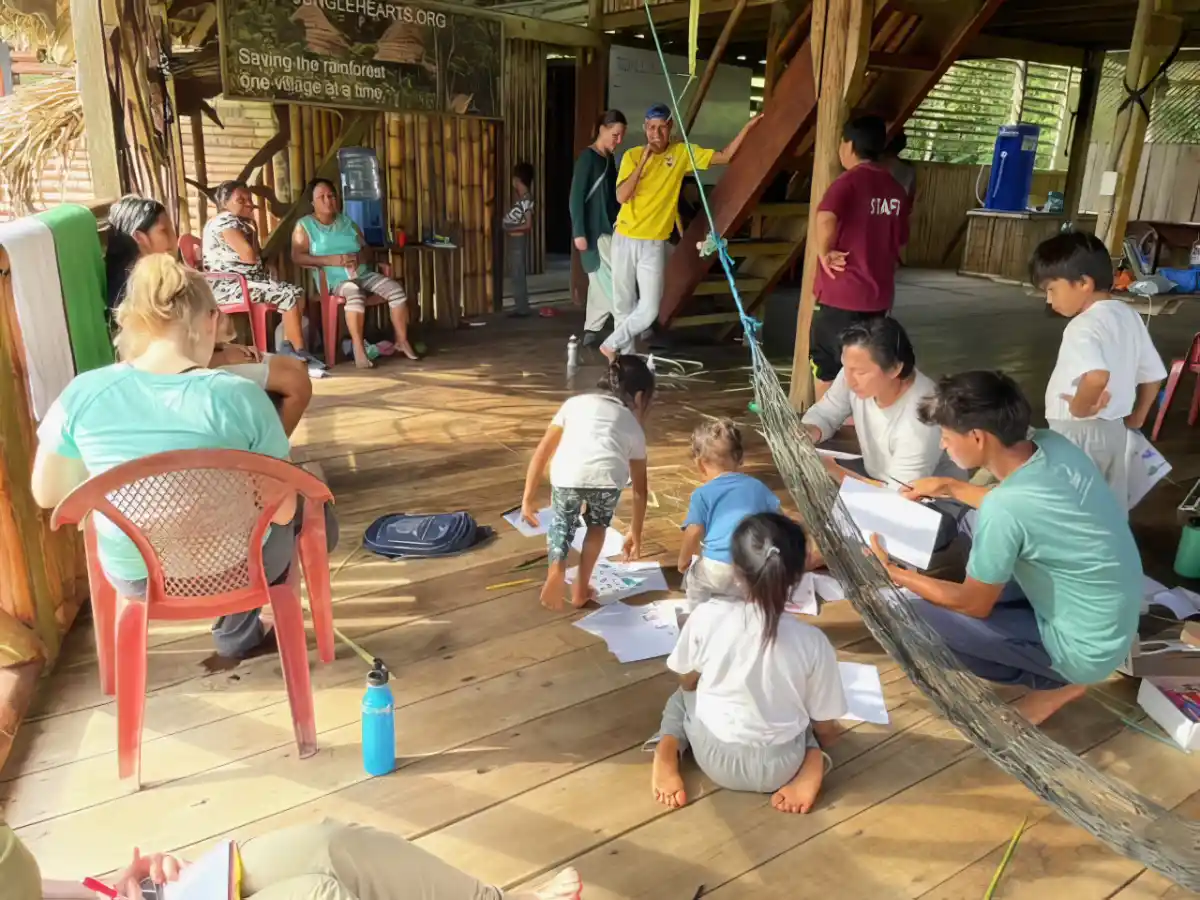
Swedish parent group Vara barns Klimat created a climate compass, a tool to guide parents through the choices they make relating to food, transportation, our homes, the stuff we own, money, and health. The aim is to inspire families to make better choices for the environment and climate, and move from taking individual level actions to participating in collective action.The microgrant helped hire a project leader and develop a website. The project was also launched on national television and will continue to be developed in the future.
